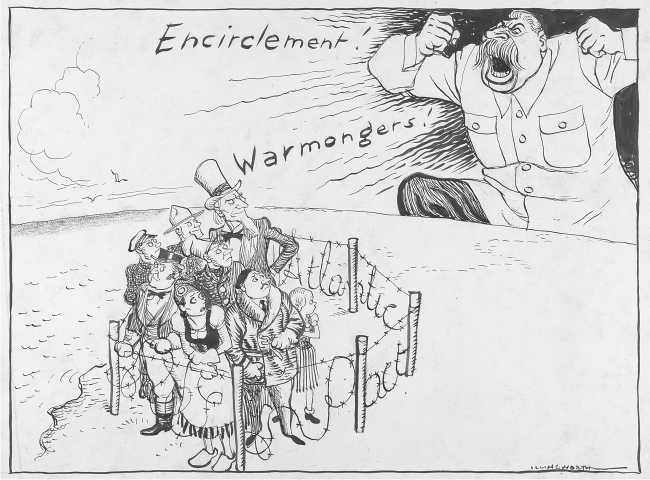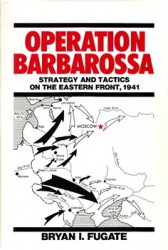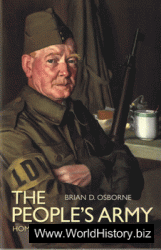Arguments for the importance of identity come through most clearly by contrast with what is the standard account, at least in IR, which is that the United States and the Soviet Union were "enemies by position," to use the felicitous phrase by Raymond Aron.23 They emerged fTom World War II as the only superpowers; no other state could menace them and each by its capabilities menaced the other. The normal frictions of international politics, the desire by each country to ensure its own security, and - perhaps - expansionism by one or both sides then made the latent Cold War manifest.
This story is not all wrong, but it is incomplete. First, although both the United States and the Soviet Union were potential superpowers by dint of their size, they were able to play this role only when they mobilized significant domestic resources and placed themselves at the head of their respective blocs, something that only followed their clashes. Second and relatedly, bipolarity may tell us that each superpower will view the other warily, but structure and even specific instances of friction do not automatically produce the degree of hostility and fear that characterized the Cold War. Would hostility have grown as it did if the two superpowers had had compatible identities? Third, while it is true that each side thought that the other was menacing its interests, only to some extent can we explain how each conceived of its interests by reference to uniform and unchanging factors of

1. Stalin claimed that the creation of NATO led to an enemy encirclement of the Soviet Union. Some Western cartoonists saw it differently; here is Leslie Illingworth's illustration from 1949.
International politics. Identity and interest can shape each other or even merge. Each side's interest in many questions was defined in part by its identity, and the interactions of the contending interests in turn affected each side's sense of self. While the competition for Western Europe can perhaps be understood in terms of the need for countries to contend for the potential centers of power, the conflict over the Third World is not explicable in this framework, and it is to this topic that we will now turn.




 World History
World History









